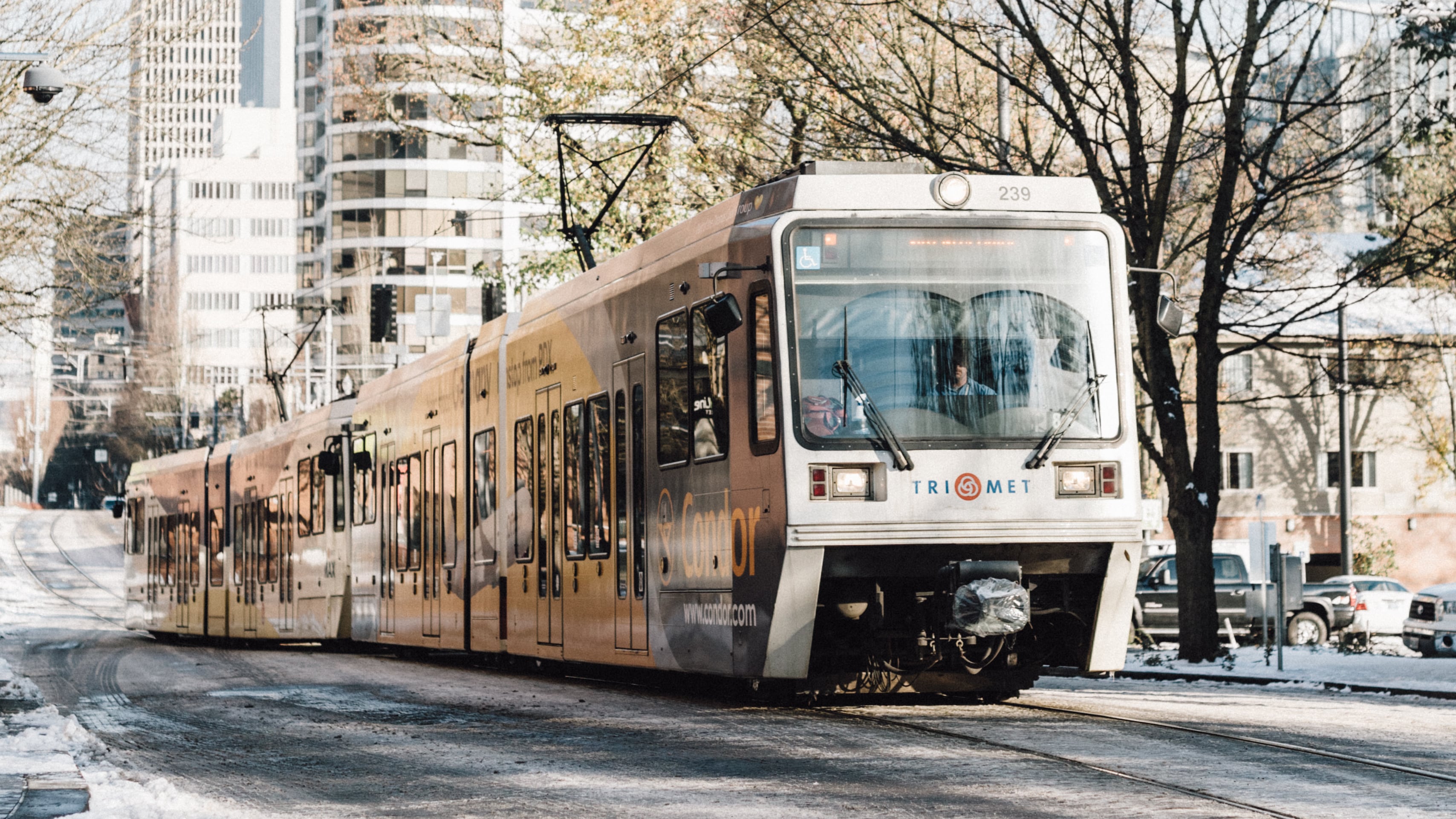Last year, the regional government Metro began thinking about ways to tax Portlanders to pay for transportation upgrades.
Metro hired former Portland City Commissioner Steve Novick to suggest taxes and analyze how much each idea could generate. A report from April 20, 2018, not revealed publicly until now, outlines his ideas.
Novick had relevant expertise: He successfully championed a city gas tax on the Portland ballot in 2016 before losing a re-election bid the same year.
Metro successfully passed a $653 million housing bond in November 2018 and is looking for taxing mechanisms that will generate even more money without fatiguing voters. As the regional government moves ahead with plans for a 2020 ballot measure, which is expected to include funding for a rail line into Southwest Portland, it's clear there's significant support for new spending.
A poll conducted by Metro found voter support for $200 in additional taxes per household. If levied as a property tax, that figure would raise roughly $2.2 billion.
The Portland area's transportation needs are estimated at $47 billion over 25 years, and not all of them will be addressed in the 2020 measure.
But Novick, who was paid $19,147 for the report, analyzed traditional mechanisms such as sales and business taxes, but also less common sources of revenue. It's improbable that a historically cautious agency like Metro would experiment at the ballot. But Metro says it hasn't decided what kinds of taxes it may seek on the 2020 ballot.
"Nothing is on or off the table at this time," says Metro spokesman Jim Middaugh.
WW obtained a copy of Novick's analysis from last year. Here are some of his ideas, in ascending order of the estimated amount of money each would raise per year.
Annual revenue, by source, according to the April 20, 2018, report for Metro:
Idea: A 5 percent luxury tax on jewelry items selling for over $5,000 and clothing items selling for more than $1,000
Would raise: $3.9 to $5.9 million
Idea: A $711 annual fee for vacant property, similar to what San Francisco has passed
Would raise: More than $18 million
Idea: A 5 percent tax on cellphone data
Would raise: $19 million
Idea: An 0.5 percent tax only on income over $125,000 (for single filers) and $250,000 (for couples)
Would raise: $90 million
Idea: A 5 percent tax on prepared food—that is, food served at restaurants.
Would raise: $147 million
Idea: A $10 per ton carbon tax in the metro area
Would raise: More than $300 million
